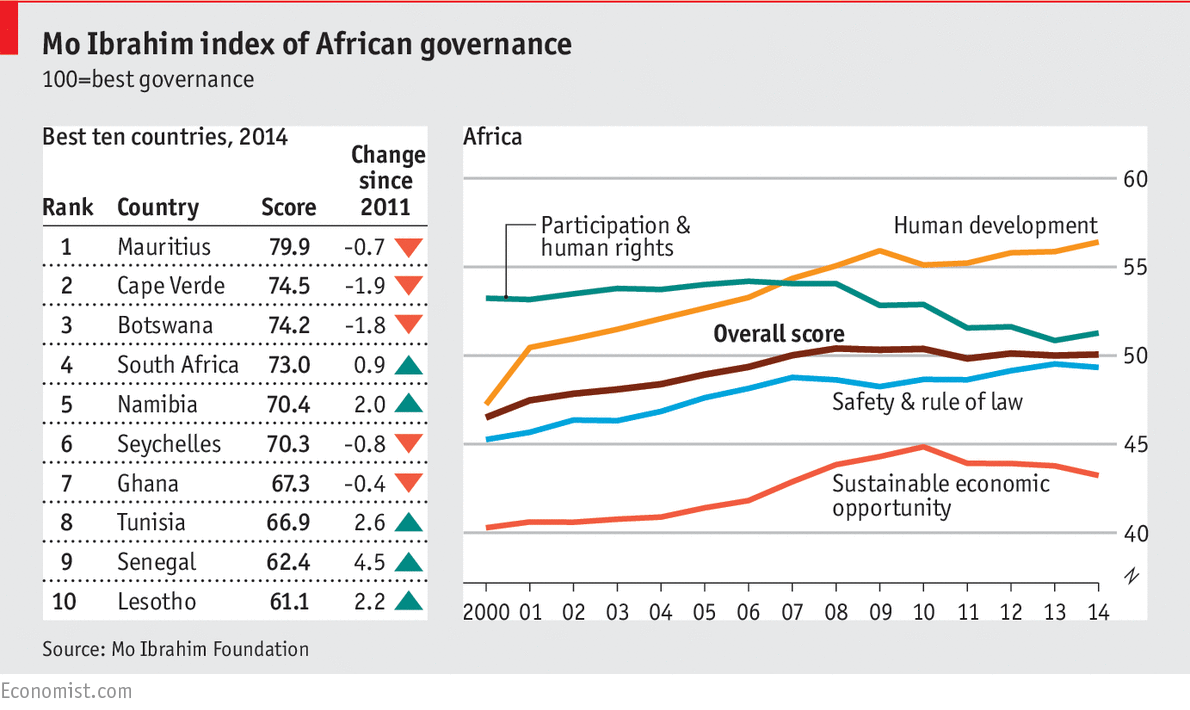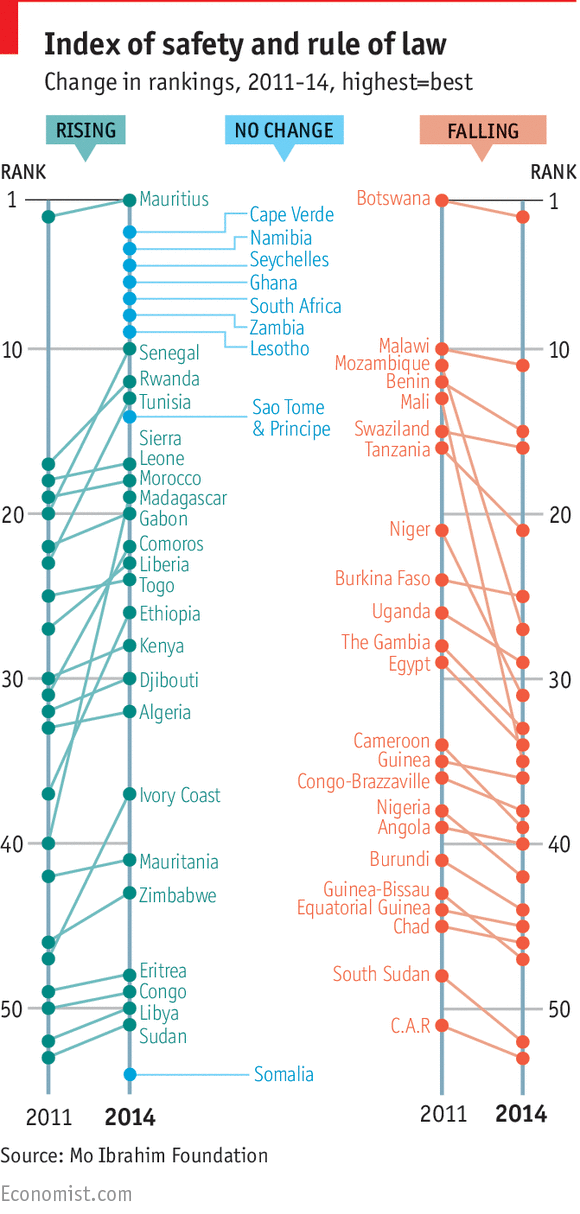15 big investments establishing in Africa 2015
Posted On : October 6th, 2015 | Updated On : October 6th, 2015
From manufacturing, financial services, renewable energy, petrochemicals and mobile data, global and African investors are seeing dollar signs

THE past few months have a dark time for Ivan Glasenberg, CEO of commodities giant Glencore. With the tumble in global commodity prices, Glasenberg has lost 74% of his net worth this year and 81% since July 2014, when he was the 190th-richest person in the world with $7.3 billion.
Still, the company has recovered losses since last Monday’s 29% plunge – when Glasenberg lost $500 million in a single day – which was sparked by concern the stock could be worthless if metal prices keep sliding.
The shares bounced back last week after the company released a statement saying its business is “robust” and it has secure access to funding. Analysts including Citigroup Inc. had said that dumping the stock was unjustified and recommended buying the shares.
In his first public appearance since last week’s selloff, Glasenberg chose to focus on the copper price and how it doesn’t reflect supply and demand for the metal. He spoke, along with the Central Bank of Nigeria Governor Godwin Emefiele, at a seminar called “Managing the Commodity Cycle” in Claridge’s Hotel in London’s Mayfair district.
“It’s clear that there’s distortions,” Glasenberg said. “How big they are we don’t know, but eventually the fundamentals will prevail.”
Others are just as confident about Africa’s prospects in the medium term, despite the current turbulence. Here are 15 big investments that global and African companies have planned for the next few months:

1. Africa’s richest man Aliko Dangote
recently announced plans to invest $400 million in constructing a cement plant in Zimbabwe, which, when completed, will produce 1.5 million tonnes of cement a year. Dangote Cement Plc, Africa’s biggest producer of cement, plans to expand into 14 African countries outside its home Nigerian market and is investing about $4 billion to boost capacity to 50 million tons by the end of this year.
2. Heidelberg Cement AG, the world’s third-biggest cement maker,
said it is considering adding South African and Mozambique production capacity as the German company seeks to tap growing demand for construction material in Africa.
The company opened a $50 million grinding plant in Burkina Faso in March this year which will produce 700,000 metric tons a year, boosting manufacturer’s annual capacity on the continent to about 10 million tons. The cement maker operates in Ghana, Benin, Liberia, Tanzania, Sierra Leone, Togo and Democratic Republic of Congo.
3. In August, Volkswagen AG said it
plans to invest $340 million in its South African car business to bolster production in the country. The Wolfsburg, Germany-based automaker has planned to inject nearly $220 million on production facilities at its manufacturing plant at Uitenhage, near Port Elizabeth in the Eastern Cape province. The remaining $110 million will be spent on enhancing the supply chain.
4. Courier service DHL
has planned an investment in excess of $19 million in sub-Saharan Africa this year. Major projects underway include upgrades to facilities and shipment handling systems throughout the region. In October 2014, DHL announced investments totaling $33 million in South Africa, by both its Supply Chain and Global Forwarding divisions. DHL operates across 51 countries and territories in the region.
5. Sharjah-based Gulf Petrochem
says it will invest $25-30 million in the next year as part of its expansion plans in East Africa; the firm is looking at acquiring port terminals in Dar es Salaam in Tanzania and in Mombasa in Kenya. Gulf Petrochem is a conglomerate worth $2.5 billion with business operations in oil trading and bunkering, refining, storage terminals, bitumen manufacturing, lubricants, shipping and logistics.
6. BP
is looking to North Africa, particularly Algeria and Egypt; the company plans to develop several gas fields in Egypt’s West Nile Delta that could end up producing over 10 trillion cubic feet of natural gas. BP’s plan is to add 900,000 barrels of oil to its production base by 2020, in order to offset the losses caused by the decline in oil prices.
7. Billionaire George Soros is also looking to
sink some money in Africa; the George Soros Foundation is one of the main investors in LeapFrog Investments, a private equity firm that recently announced that it is raising $400 million to make “socially responsible” investments in Africa.
LeapFrog has acquired a minority stake in Africa Finance Business Mauritius (AFB), an active financial start-up in four African countries as well as a majority stake in the Kenyan company specialising in health insurance, Resolution Insurance, for $19 million.
8. Aluminium can manufacturer GZ Industries of Nigeria
plans to expand into South Africa with the construction of a $71 million factory to be built in Johannesburg. The factory will have an annual capacity of 1.2 billion cans, and will start operations in the second quarter of next year and supply other southern African countries, the Agbara, Nigeria-based said.
9. Financial services firm Deloitte
plans to boost investments in its African operations as it looks to enhance its offering to clients and grow the business. As part of this strategy, Deloitte acquired 100% of research and investment advisory firm Frontier Advisory in Nigeria earlier this month for an undisclosed amount. Deloitte Africa is also exploring more acquisitions targeting businesses in data analytics, digital and customer experience.
10. Financial services firm Ernst & Young
plans to invest at least $100 million in acquisitions in South Africa and the rest of Africa over the next five years as it looks to grow its business and develop new skills, EY Africa CEO Ajen Sita said, The company is targeting to have 40% of its investment capital in South Africa, and 50%-60% in the rest of the continent, in countries like Kenya, Nigeria, Ghana and Mozambique.
11. General Electric Co
plans to invest $2 billion in Africa by 2018 to boost infrastructure, worker skills and access to energy. GE’s investments include deals to work on increased electric grid reliability during peak power demands in Algeria, to generate uninterrupted power for the Nigerian National Petroleum Corp’s state oil refinery, as well as an investment of $1 billion in railway and power equipment in Angola.
12.
SkyPower, the world’s largest developer and owner of utility-scale solar photovoltaic (PV) energy projects, signed agreements in Nigeria for the development, construction and operation of 3,000 MW of solar PV projects at an estimated cost of $5 billion. In Egypt, the company has an agreement for 3,000 MW of utility-scale solar PV projects worth $5 billion, and in Kenya, it secured a $2.2 billion agreement for the development of 1 GW of solar projects to be built in four phases over the next five years.
13. Afrimax Group, part of mobile operator/ data company Vodafone group, has secured $120m of growth funding to accelerate the rollout of its leading edge LTE (4G) network across multiple African markets.
In February, Vodafone Uganda was launched; with an existing 4G licence footprint covering 12 countries, population under licence coverage of 222 million, and further licenses being acquired, Afrimax is building the largest portfolio of 4G wireless broadband networks across sub-Saharan Africa.
14. Greenstone Equity Partners, a leading independent fund placement firm in the Middle East, is collaborating with South Africa-based Harith to raise capital from the Gulf Cooperation Council (GCC) region and direct it to the development of infrastructure projects in Africa.
The new partnership
will focus on attracting funds for Harith’s latest offering, Pan African Infrastructure Development Fund II (PAIDF II), which requires around $1 billion in capital to invest in energy, telecommunications, transport and water projects across the African continent. The fund had already raised $439 million by June last year, primarily from African institutional investors.
15. Old Mutual Investment Group
is looking to invest $18 - 36 million acquiring properties in East and West Africa, part of the group’s plans to spread its asset management capability beyond South Africa to key growth markets in the rest of Africa. The company has ambitions to grow its assets under management to $7 billion in the next five years.
These are just a handful of the headlines, and together, they add to a mountain.



















